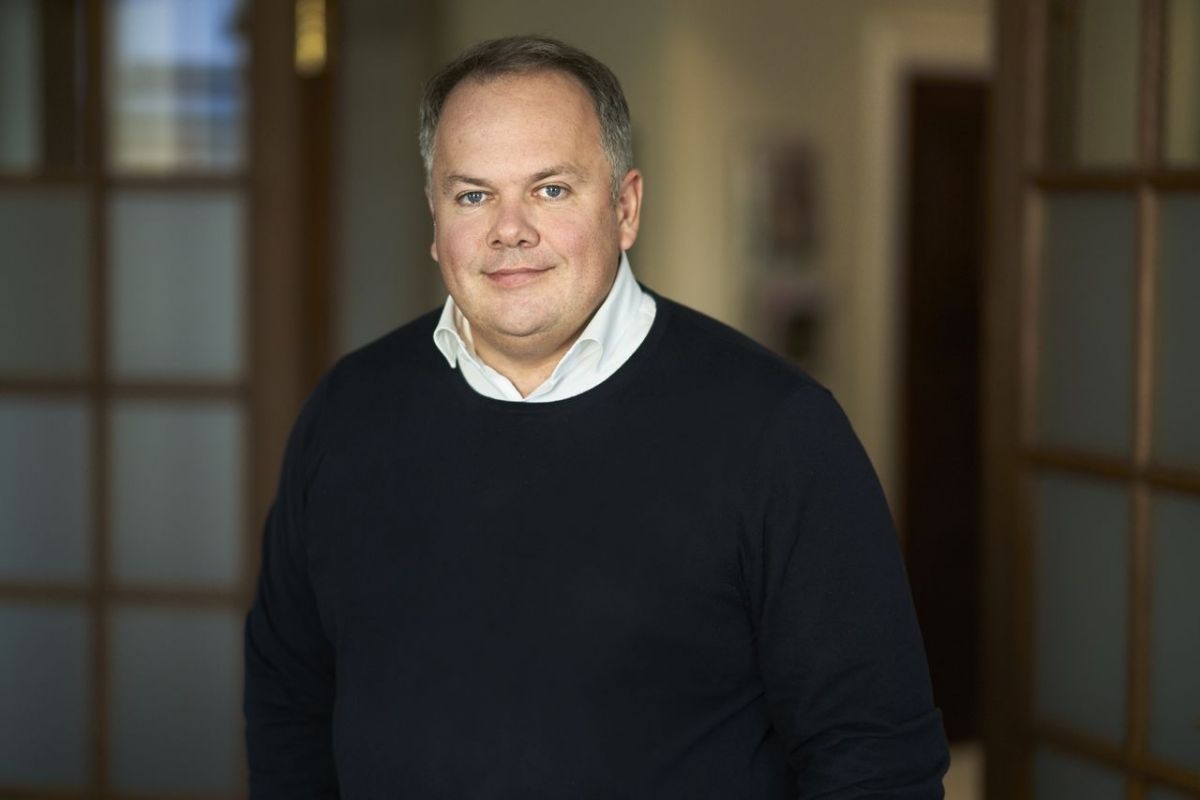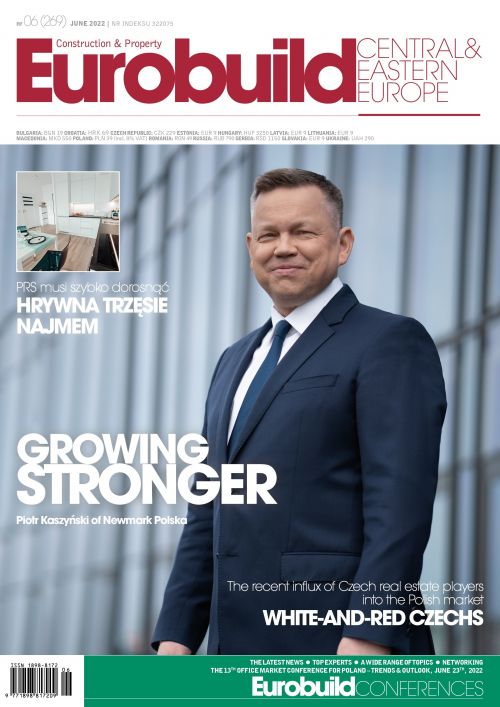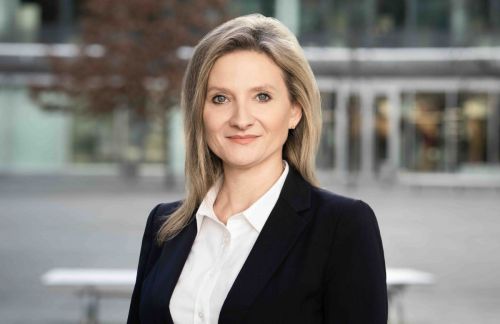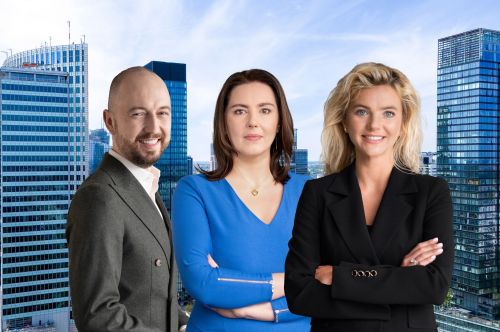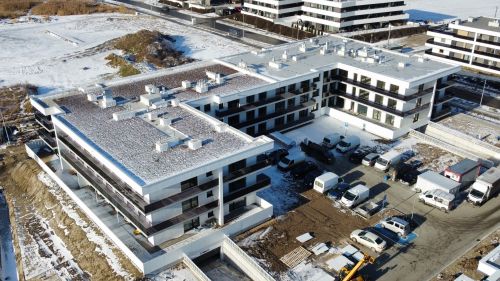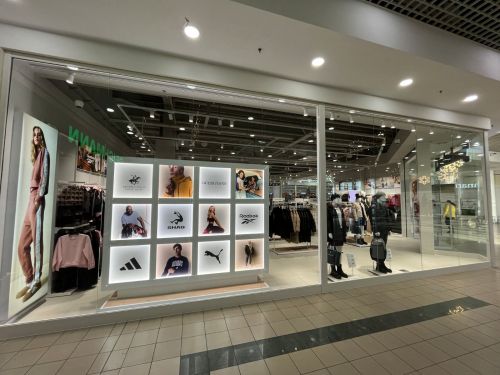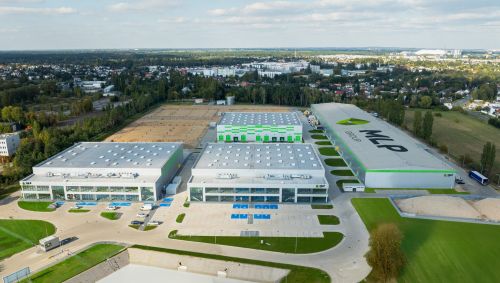Following your acquisition of the Nowy Rynek D office building in Poznań, Eastnine’s current earning capacity from property management has increased almost by a half. What was the main reason for your decision to enter the Polish market? Is there anything that makes it a unique place for a business?
Kestutis Sasnauskas, the CEO of Eastnine AB: Entering the Polish market is a very important step in the growth of our company. We have already established a strong presence in Vilnius and Riga and so entering Polish regional cities is just our next milestone. The Polish and Lithuanian office markets are very similar in structure, tenants and conditions. Poland is also six times larger than the Baltics in terms of population: there are nine cities in Poland that are bigger than Tallinn. Hence our growth opportunities have become much bigger.
Has the pandemic forced any changes in the course on your company? Would you say there are any silver linings to this difficult situation, t
